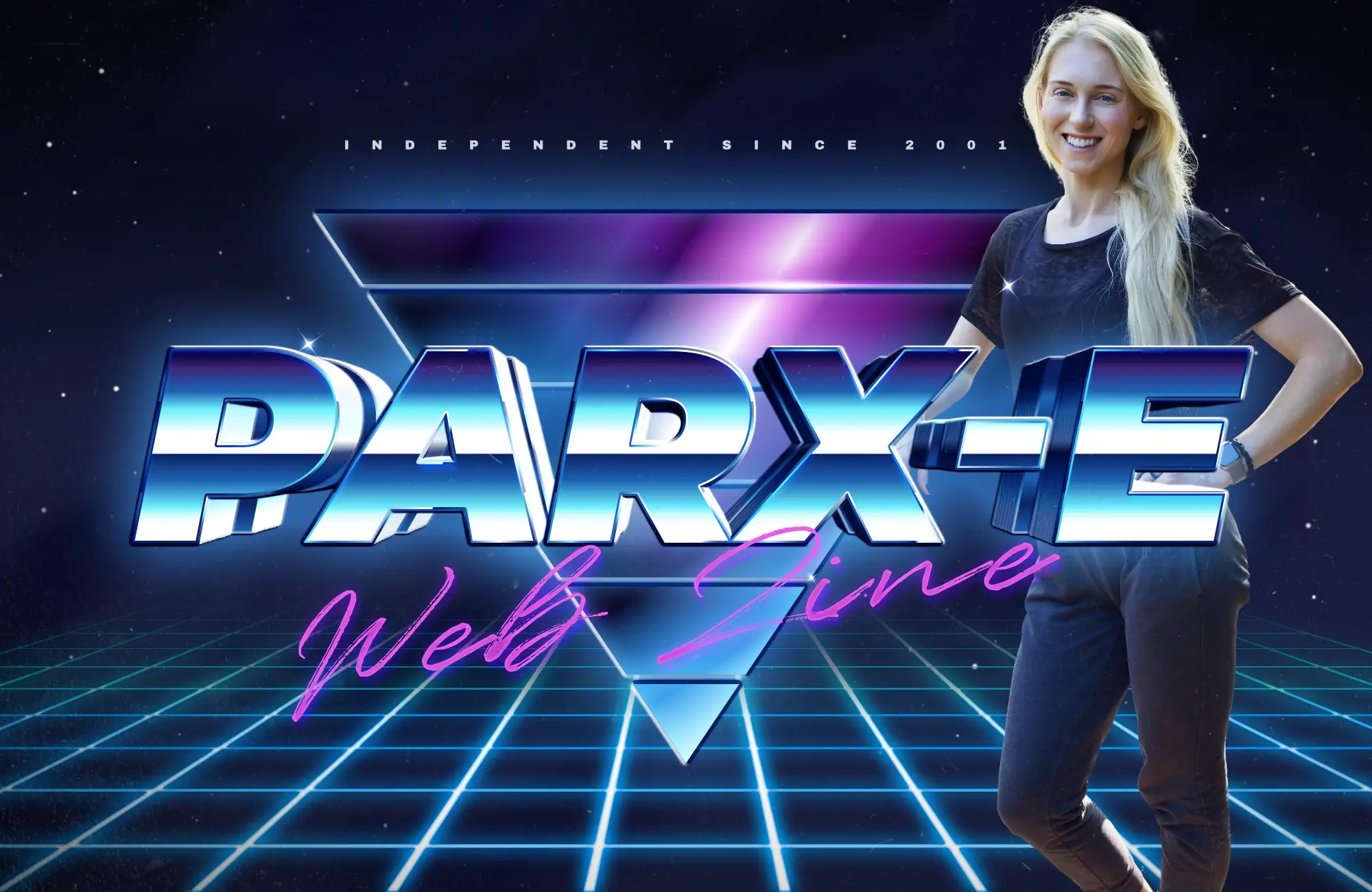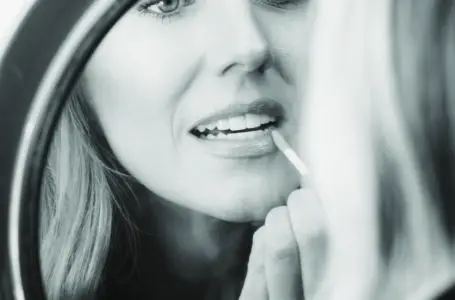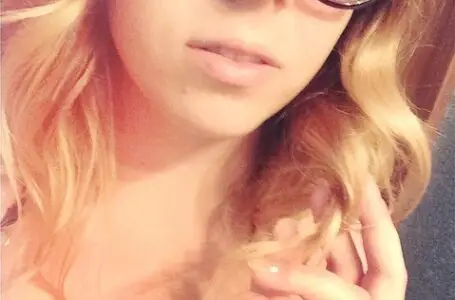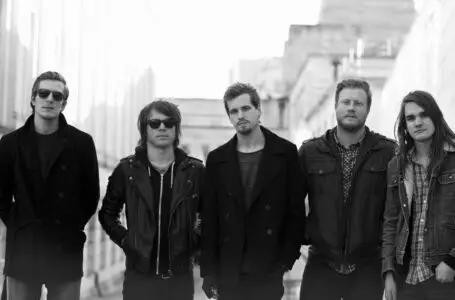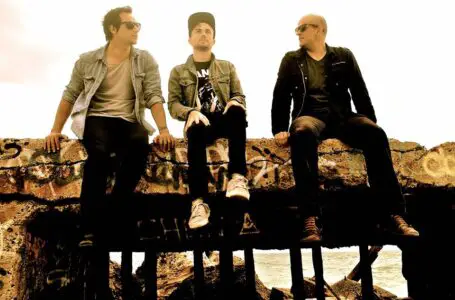
Dog

Picture copyright respected holders.
Interview With The Director Tim Gates of The Film Dog By Chris 30/4/09
Dog is gonna be one awesome horror movie, I known about it for a few years now since Michelle Page is the lead in it as Lizzie Hansen
The sneak peek of the film on their myspace page was awesome. This is gonna be a horror movie that is really something.
So read the interview below, the director tim gates gave some solid answer and he and this film and the cast are people to watch out for.
1. How did the film come about?
My Producer and friend Jeff Solano met a friend he had not seen for some time while surfing myspace. They talked about doing something together and his friend, James Korloch, had this idea for a story. Jeff sent me the first 20 pages and we decided to pull the trigger. We began by networking on myspace and other sites and the project began to steamroll. Before we knew it, we were talking to Harry Manfredini, Vincent Guastini, David Fine and many more. The project just took on a life of its own. We kept referring to it as a strange energy because it was.
2. What was the inspiration behind the story?
James had visited a salvage yard and got this strange feeling…what if something was watching me, there’s the entire premise for the script.
3. How long did it take to film the movie?
We shot the movie in four weeks. A true guerrilla production. We could have knocked it out sooner but we had many things slow us down. Often we didn’t have or couldn’t find props that we needed and then at the last possible moment they would just magically appear. Also, since we were on such a tight budget we didn’t want to go into overtime or have forced calls with our SAG talent. So in this respect the pace was fairly calm.
4. How did having a talented actor being Michelle Page as the lead in the film. what did it do for the movie?
I was truly blessed with an extremely talented cast. Michelle Page is awesome and very easy to work with. She listens and takes direction great but most of the time her instincts were right on so I could concentrate more on the composition and the blocking. David Fine, Anthony Hornus and Debbie Rochon were awesome as well. David brought a creepy subtext to the character and Anthony has one of the most frightening moments on screen that I have ever seen. Debbie brought an extremely visceral quality to her performance that is so thick you can walk on it. Any time you direct such fantastic talent it makes everything go faster and easier. Michelle and the others were always prepared and we could just smoke through the scenes in a few takes which would give us time to experiment.
5. How did she get involved with the film?
Actually, we had a very difficult time casting Lizzie. We looked at hundreds of resumes and head shots. We wanted Lizzie to be blonde with a red streak in her hair. Many actresses wouldn’t even consider bleaching their hair. I figured they must not be to serious about wanting a career in film. Finally, David Fine suggested Michelle and I loved her audition. She arrived on set with a red plug in her hair and ready to make a movie. If I remember correctly, Michelle was cast about a week before we began principal photography.
6. What did she bring to the part of Elizabeth ‘Lizzie’ Hansen?
Lizzie was created to be a tough girl from years of living in dysfunction with an alcoholic father. Michelle brought this but at the same time kept the feminine quality that I thought was important to the role. I didn’t want Lizzie to be as hard as cast iron, I wanted her to still have the emotional vulnerability that most women have. This way she would be a believable character that everyone could relate to. This is what Michelle brought and I think she brought it on perfectly.
7. How did the internet play as part of the film making process?
As I mentioned earlier, Myspace played a huge role in bringing the film together. There are many other sites that we exploited as well. IMDB brought us a lot of attention because we posted a casting call on that site. Not to mention even the simple aspects of the internet such as email. Many of the business transactions and auditions were done through email or Youtube. Many of the talent that we looked at either had a Myspace page or a personal website so we could view their reel. The internet was and still is a vital part of this production and all future productions.
8. Do you think horror websites and places like IMDB and youtube will help promote the movie?
First of all, IMDB is great because many of the people involved with this project have many great and interesting projects other than DOG. So when someone looks up Michelle or Vincent they see DOG and wonder what it is. They find out and interest shoots up. Debbie Rochon has done articles in Sirens Of Cinema and Scars magazine which also brings promotion via the internet. Everyday we hear how newspapers are struggling or going out of business. It’s because more and more readers are getting their news from the internet and therefore all internet websites are absolutely essential to the promotion of just about anything, especially DOG.
9. How did people like David Fine & Larry Laverty get involved with the film ?
I believe that David Fine came to us through Myspace. David is a networking genius. He and Larry Laverty are close friends so that is how Larry became involved. We only had Larry for two days but I hope to work with him on bigger roles in the future. I can’t tell you what David brought to the project but when you see DOG you’ll know because his character is great, he and Anthony almost steal the movie.
10. Was it hard to make the film with a very little budget?
Yes. I just came off a film where everyone was trying to play it like Hollywood. You can’t do that unless you have millions of dollars. Fortunately, I understand enough of the entire process that I could work around some of these things. The one mistake I made though was underestimating how much post work I was going to have. For instance, I have a decapitation scene in the beginning of the film that I had all planned out to polish in post. However, when I actually started the compositing and polishing work it took much longer than I anticipated. I think I still did okay since I’m not a hundred man post facility but an army of one.
11. How has the feedback from the film been at festival like?
We actually just finished showing the film at our first festival, BareBones, where Michelle Page won Best Actress and I won Best Editor. So, feedback is fantastic so far.
12. Were you happy the way the film turned out?
Yes, but I’m not going to lie to you, I want to do better. Show me a director that wouldn’t go back and change things. Filmmaking is that art of compromise right from the beginning. This project doesn’t have any A list actors involved and it wasn’t shot by Kaminski. With all that being said, if you realize how much we spent and where we spent it, combined with how we actually pulled this off…I’m very happy with the way the film turned out. People are going to really enjoy DOG.
13 Do you plan to work with Michelle Page again?
Michelle is great and I would love to work with her again. My next film is probably going to be a WWII piece so there isn’t much of a call for female talent but Michelle is definitely on the table for future roles.
14. What is next for the movie?
We are getting ready for our premiere in May.
15. Was it hard to get finance for the film?
Yes and no. We obtained our first investor rather quickly. Unfortunately, we wound up going into principal photography so quickly that we ran out of time to pursue further investment. It all worked out for the better I suppose.
16. What did you learn from making of this film that you can use for future features?
This project taught me a lot about contracts and how to have them written. I’ll know better next time. I was also caught in a problem of back ordered equipment. Hopefully, I won’t have to deal with that the next time.
17. What was the editing process like for the film?
Editing was pretty straight forward. I was shooting this with the cuts in mind so there were not too many surprises.
18. Is their anything you wouldn’t do next time that you did this time in regards to making of the film?
The biggest thing that I want to change the next time is prep time. I went into this shooting from the hip. I didn’t have time to break it down properly and story board the script shot by shot. I work good under pressure and I improvise very well but I think the preparation would have only improved the project if for no other reason than reducing my stress level.
19. What next for yourself?
Forward march! We’re working on getting our next project launched. I just came off a feature that I did the lighting on and I did an infomercial right before that. So, between paying the bills and promoting DOG, it’s all about getting the script for the next one ready and bringing all the pieces together.
20. Were their any major problems when making the film?
My camera stabilizer was about three weeks late so I didn’t have any time to practice with it. We were two or three days into principal photography when it arrived and I just put it on and started shooting. My learning curve was fast but I wish I would have had it earlier. We were suppose to shoot a scene that needed police cars and an ambulance. We were trying for weeks to acquire these and weren’t having any luck. Larry Laverty was here from San Francisco and Jim O’Rear was here from Nashville so we had to shoot that evening. About eleven AM James calls to tell me that he got the cars and the ambulance. It all worked out. It seems like the entire project went that way so the major problem was my blood pressure.
21. Is it hard to make an independent film in this day and age?
The craft itself has not changed so in this respect it’s as difficult as it has always been, you still need to know how to make a movie. On the other hand, technology is becoming more and more affordable. You can lay your hands on a hi-def camera for a few thousand and be ready to roll. It’s still out of the hands of most people but if you really want it then it’s there for the taking.
22. What advice can you give to some one wanting to make a independent film?
Start saving your money now because you’re going to need it. Making a film costs money, you better start trying to find it now. Even if you have access to all the equipment and talent you need, you still need to feed your cast and crew. Have you paid for meals for everyone lately? Even just providing craft service (snacks and drinks) to production staff cost money. You’ve heard about making feature films for the price of a used car, are you going to make your actors pack a lunch? You need to know what you’re getting into. It’s going to cost money and you need to have this figured out before you begin. Also, test your script. You may think it’s the greatest thing since sliced bread but until you hear someone read it out loud the truth may not be clear. Just because you can write it and read it in your mind doesn’t mean it’s going to simply roll off the tongue. Most importantly, network and build alliances. You may be able to make a movie by yourself but
it will take you twenty years. Build a team of like minded people that will help you form an army to go off to war in this collaborative process called filmmaking. Put on your armor, put your chin up, smile, nourish your mind and body, and give that film all the love you can possibly give. But most important of all…DON”T GIVE UP!
